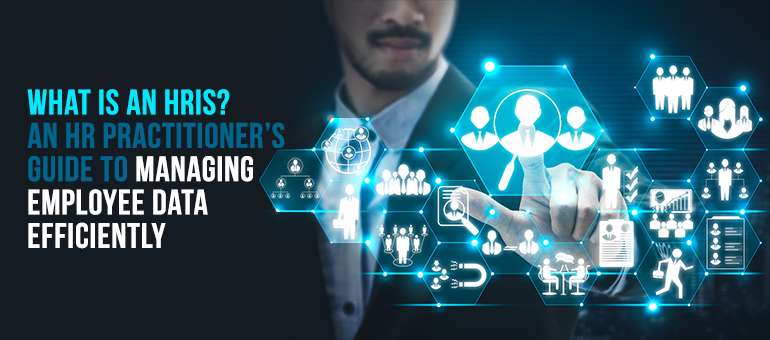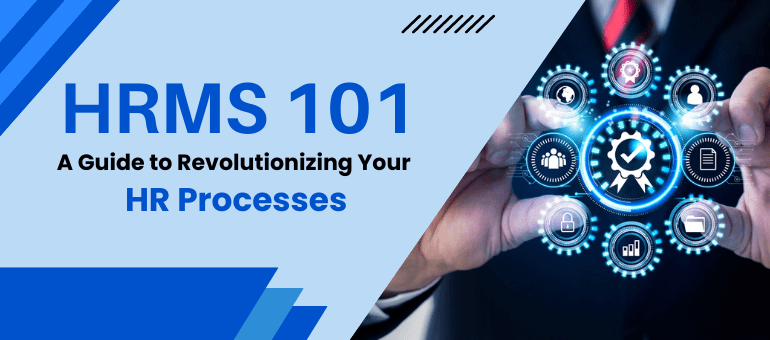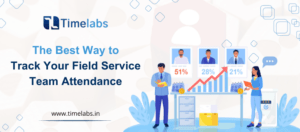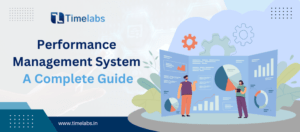A Human Resources Integration System helps you reduce organizational costs and bring efficiency into business processes. From applicant tracking and onboarding to payroll processing, it has got benefits that HR should know.
Every organization aims at managing its human resource effectively and efficiently. In pursuit of that, HR goes at length to find the right HRMS software. Given today’s dynamic business scenario, HR looks forward to an all-inclusive HR software that can help them in applicant tracking, onboarding, attendance management, and payroll processing. Several organizations have integrated their various HR processes into HRIS.
Consider a case of integrating your payroll with an HRIS. It has many benefits like running reports of employee data, tracking performance evaluations, and knowing the latest compensation trends. As an HR, your priority is to make your employees self-reliant and keep your work to the minimum. It leads to better productivity at work.
What is an HRIS?
A Human Resources Information System is an online solution that takes care of management, human resources, accounting, and payroll. It is also known as HRIS software. HRMS aims at tracking data of employees with regards to leaves, training, and appraisals. This data can be dynamic or static, while an HRIS helps you store static data, such as residential addresses and tax details. However, you can consider HRMS and HRIS as one software in several cases. Both systems aim to manage employee data effectively.
In a layman language, it stores data that does not change often. To simply put it together, an HRIS is an integration of human resources and information technology. You can run the HRIS either on your technical structure or through the cloud.
HRIS Processes and Their Integration
Database Management:
The first and foremost task you want to accomplish as an HR is to secure employee data. For that, you look for different software that can help you with it. Well, an HRIS offers that. You can enter details, such as education qualifications, residential information, compensation package, performance reviews, etc. This collective database can help the HR team smoothen the processes that lead to the betterment of the organization.
Talent Acquisition:
Hiring talent is not enough. Aim at offering the candidate an enriching and satisfactory experience. As recruitment and onboarding play a crucial role in determining the way forward, the HRIS can ease out your day. For a better experience, you will have to impart training and think of efficient ways to make the journey helpful for an employee. Thus, consider an HRIS/HRMS for that sole purpose.
Payroll Management:
You need to keep your data record accurate, so when it’s time to calculate salaries, you don’t have to depend on others. With HRMS software, number-crunching becomes easy as you will have employee records, including attendance and appraisal. We have talked about payroll integration earlier in this blog. Let’s shed some light on the human aspect of it.
Time Management:
Monitoring employee attendance is an extensive task. Keeping a record of in and out time is crucial to payroll processing. Any missed records or miscalculated data can lead to discrepancies. That said, an HRIS can maintain the clocked hours of employees and help HR in building effective ways to promote punctuality and discipline.
In a modern-day business landscape, where apps have become a constant source of information and ease our work, a friendly user interface and employee-friendly features can help a great deal. Let’s admit that employees should get the liberty to take care of their HR-related tasks without going through several rounds of approvals. Not only does it waste time, but you also end up making an additional effort for the simplest of tasks.
Reporting and Analytics:
If you’re able to generate a report in the blink of an eye, you’ve won the game. Modern HRMS software or HRIS software comes with the ease of report generation. You can get insights from these reports to analyze what you need to do. It leads to better analysis of a situation.
With that said, HRIS comes with self-reliant features, be it about sending a leave request or sharing concerns with the HR team. As stated earlier, it’s all about improving productivity at the workplace and bringing efficiency into processes.
The Benefits
If you’re unaware of the benefits of relying on the HRIS, or you doubt its capacity to bear the data load, let us help! From tracking data to making employees self-reliant, it can help an organization at large.
Efficient:
When you’re able to streamline processes, you are at the advantage of enjoying maximized efficiency. It so can happen through an HRIS. The workflow gets automated as you have to enter the details once unless there’s an update. Not only does it save you time, but you also stay away from making or finding errors. Moreover, you can look at reducing costs.
Productivity:
We’ve discussed that HRIS integration leads to improved productivity. But how? For instance, you need to collect the data of new joiners, including their personal details. If you think of doing it manually or taking the help of a redundant HR software system, the data may lose its credibility.
But with a robust HRIS, you can record all types of data, and it remains available and safe in the system unless you need to update the information. An HRIS can store static information, and you don’t need to use the software for the same purpose time and again.
Effective Decision Making:
When the employee data is organized properly, it helps you make better decisions. How does it work? Well, you can analyze performance reviews, attendance records, quarterly performances, etc. Now, when it’s time for appraisals, managers can decide better based on the information provided in the portal.
In another scenario, if you want to understand the cost behind the training of new employees, you can analyze through employee records and find what type of training is suitable and sufficient based on their experiences and what would be the training cost estimate.
Compliance:
If you’re an experienced HR, you may know that some information is collected for compliance purposes. For example, you request employees’ emergency contacts to deal with an uncertain situation, or you store information like residential addresses in case of theft or fraud. The point is to safeguard this data so that it can help you in emergencies. An HRIS does the job well.
Use this information to decide better. Consider different aspects of an HRIS that can be beneficial for your organization. For a growing business, it could be hard to manage employee data, let alone thinking of safeguarding it.
You need to think of innovative solutions that help your organization introduce disruptive solutions and keep your workforce happy and productive.



